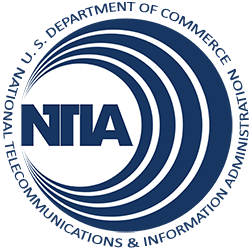Maryland Department of Information Technology
Many of the less-populous, rural areas of Maryland, like the western panhandle and the eastern shore, lack the
reliable and readily-available broadband service necessary for cutting-edge economic development, public
safety, and remote education initiatives. The State of Maryland Department of Information Technology
(DoIT), as part of a public-private consortium, plans to deploy the One Maryland Broadband Network to bring
affordable and abundant broadband to each of Maryland’s 24 counties. The OMBN was established to serve the
broadband needs of the entire state. The project would link together and extend three independent networks:
the state-run networkMaryland; the Inter-County Broadband Network (ICBN), a 10-county consortium; and the
Maryland Broadband Cooperative (MdBC), a rural non-profit carrier. The nearly 650 miles of new fiber in the
rural portions of the state would substantially improve public safety, government services, healthcare delivery,
and education, offering community anchor institutions access speeds between 10 Mbps and 10 Gbps.
